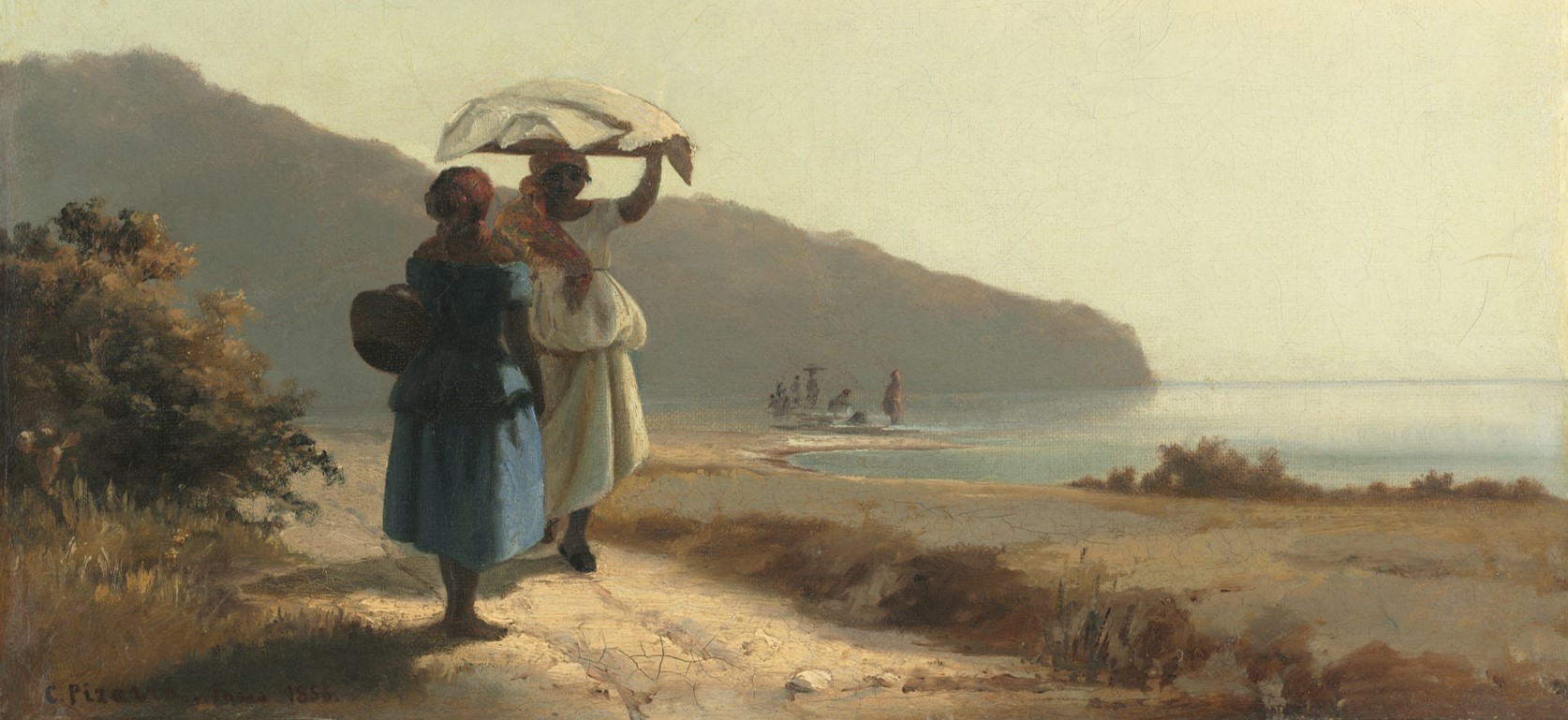
Module Description
The Caribbean was the first point of contact through which Columbus was to find a gateway to the Americas and the site of the only successful slave revolt which precipitated the end of slavery. It is now a multilingual and multicultural area made up of former plantation societies where European, African, Asian and indigenous traditions have intermixed, giving rise to an exceptionally vibrant and diversified culture. It is no surprise, therefore that the extended Caribbean has already generated five Nobel Prize winners for literature and keeps producing numerous first-rate writers, artists, and theorists, some based in the region, some living and working in the UK, Europe, Canada and the US.
Focusing on twentieth and twenty-first century texts, this module explores major poetic, fictional, non-fictional, and dramatic works alongside seminal films and documentaries. Introduction to Caribbean Literature fosters a broader and deeper understanding of the literatures and cultures of the Americas, of past and recent transatlantic exchanges, and of the experiences of people of Caribbean descent living in the United States and in the United Kingdom (we will be paying particular attention to the lives and experiences of members of the so-called ‘Windrush generation’ and their descendants). A close reading of primary texts will be at the centre of our method as we will investigate crucial issues such as the relationship between history, memory, and imagination; the ways in which authors, characters, and texts resist and respond to violence and discrimination; the relationship between routes and roots; migration and the formation of identity; the question of language; the urge to rewrite canonical texts.
Module Supervisors' Research into Subject Area
This module is a logical extension of Professor Maria Cristina Fumagalli's interest in Caribbean literatures which she approaches in a comparative way. Maria Cristina is the author of three monographs on Caribbean studies: the first one, The Flight of the Vernacular: Seamus Heaney, Derek Walcott, and the Impress of Dante, analyses Derek Walcott's and Seamus Heaney's conversation with Dante paying particular attention to their use of language; the second one, Caribbean Perspectives on Modernity: Returning Medusa's Gaze (2009) reconfigures our understanding of modernity by approaching the issue from a Caribbean perspective; the third monograph, On the Edge: Writing the border between Haiti and the Dominican Republic (2015) is a literary and cultural history which has the politics of borderline-crossing and the poetics of borderland-dwelling at its core and which also brings to the fore the experience of Dominican and Haitian writers who currently live and work in the United States (like, for example Edwidge Danticat who appears in this module).
Maria Cristina is also the editor of an issue of Agenda entirely devoted to Derek Walcott and the co-editor of two collections of essays which focus on gender and sexuality in the Caribbean (in particular on the figure of the 'cross-dresser') and engage with the idea of a literary geography of the 'American Tropics', an area that includes the Southern USA, the Atlantic littoral of Central America, the Caribbean islands and northern South America. Maria Cristina has just completed a new monograph entitled Derek Walcott’s Painters which was supported by a Leverhulme Major Research Fellowship.
Aims
This module aims to foster students' critical thinking by inviting them to investigate Caribbean literature(s) and films from a broader perspective. It will enable students to
1) become acquainted with the vibrant and diverse literary and filmic production in the Caribbean and understand Transatlantic cultural connections and key postcolonial issues
2) become acquainted with the works of writers and director of Caribbean descent operating in the UK and the US and understand the role that these works are playing in shaping the host culture, paying particular attention to the experiences of the members of the Windrush generation and their descendants in the UK.
3) acquire a broader and deeper understanding of ‘American’ literature as a whole
Learning Outcomes
Students who successfully complete the module will be able to demonstrate a broad knowledge of:
1) major issues and themes in Caribbean literature, film, and culture
2) major twenty- and twenty-first- century texts (novels, films, documentaries, plays etc) dealing with the lives and experiences of people of Caribbean descent in the UK (in particular, the experiences of the members of the Windrush generation and their descendants) and in the US.
3) major issues, critical debates, and theoretical frameworks of American, Transatlantic and postcolonial literatures and cultures.
Link to Module Directory:
https://www1.essex.ac.uk/modules/Default.aspx?coursecode=LT262&level=5&period=SP&campus=CO&year=22
Please email me at mcfuma@essex.ac.uk if you need any further information or guidance.
- Module Supervisor: Maria Fumagalli